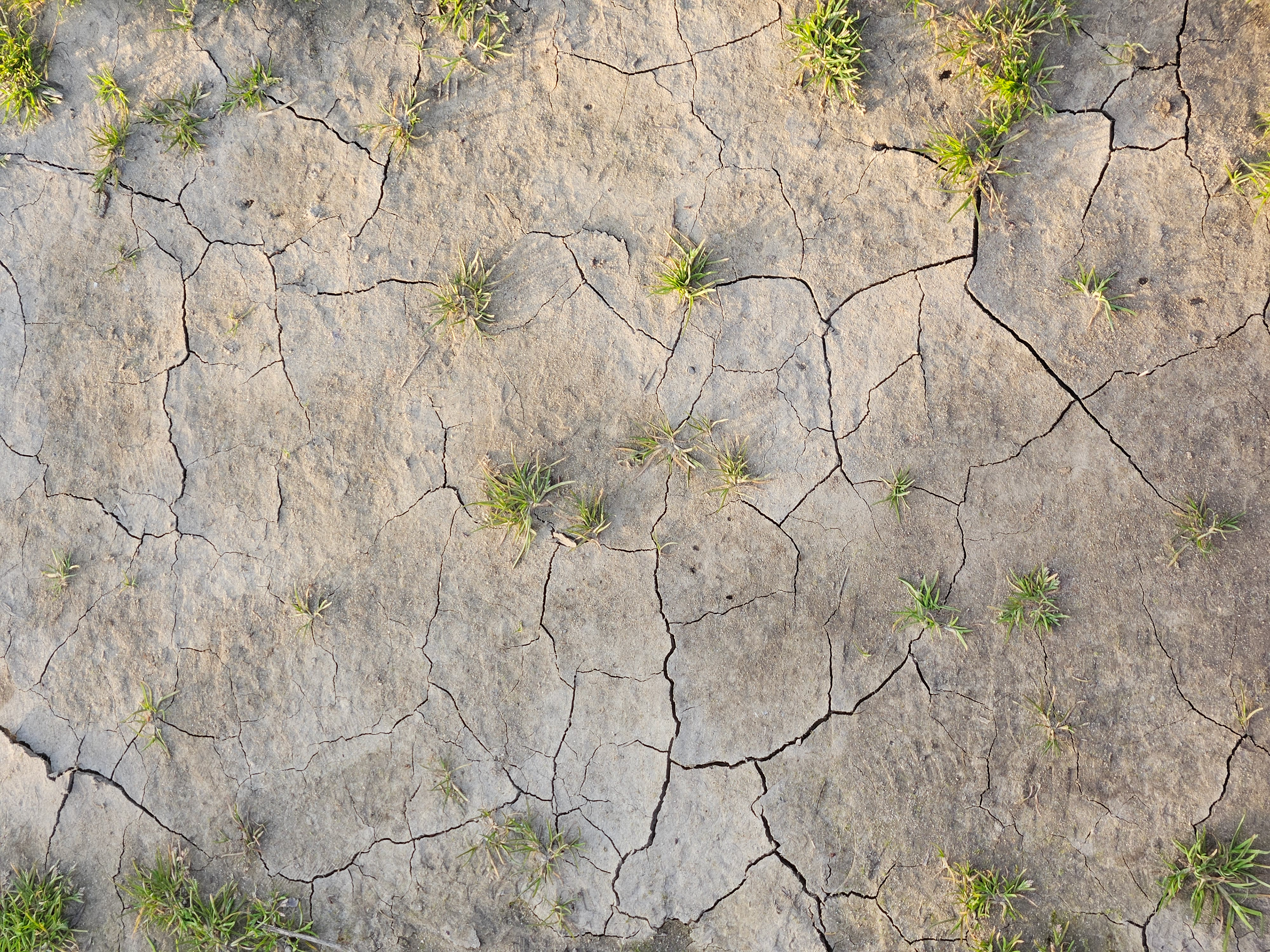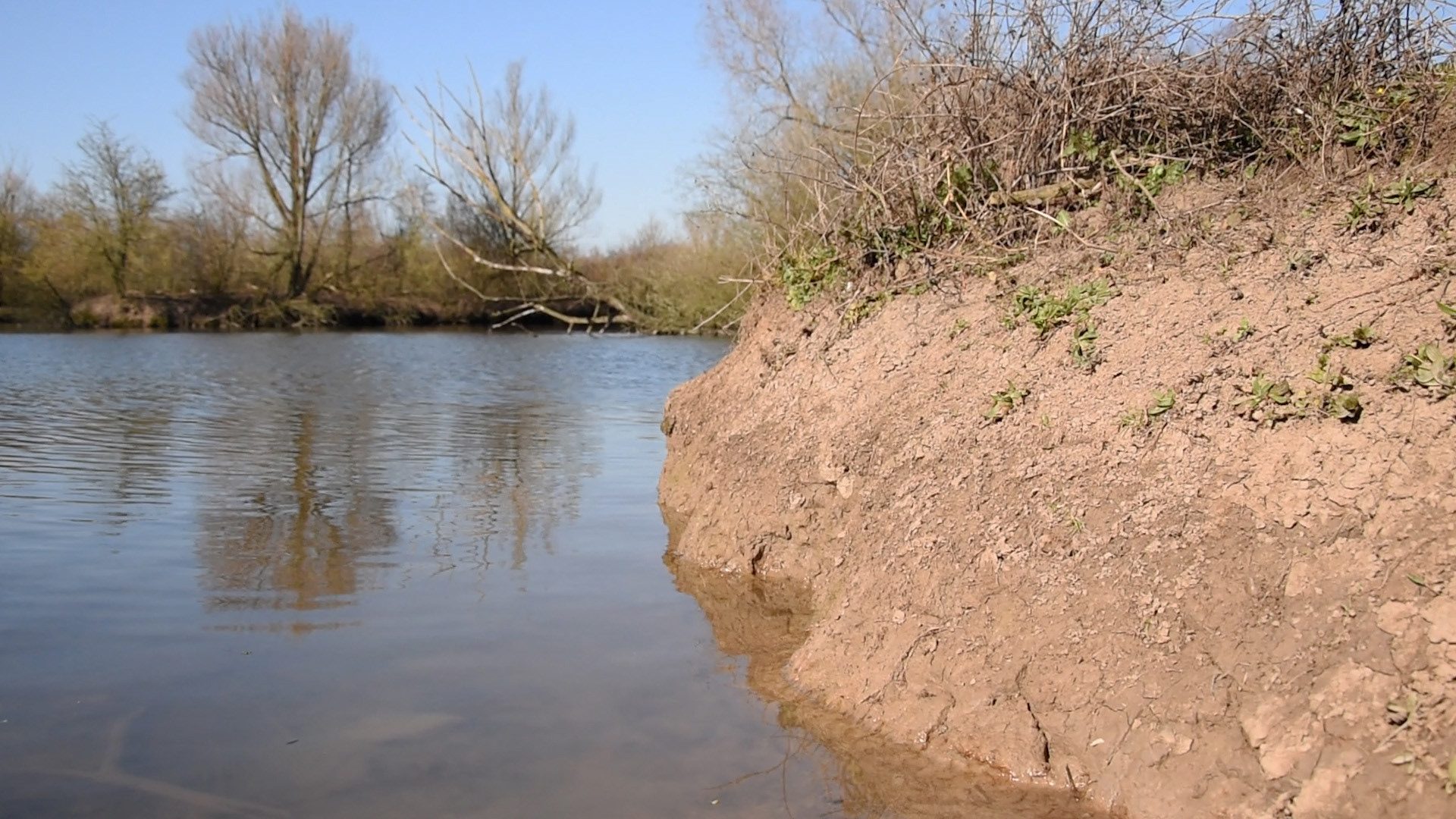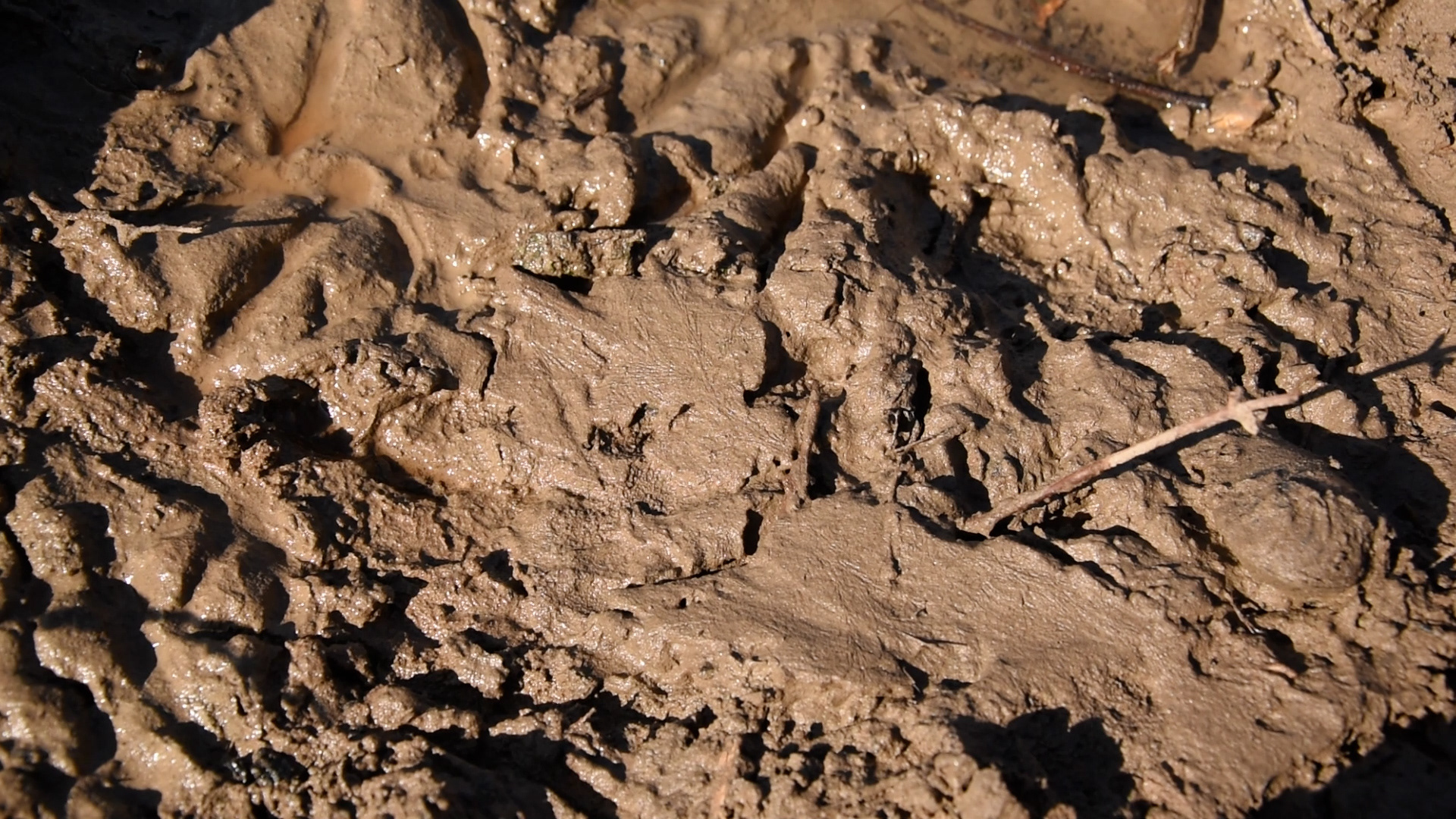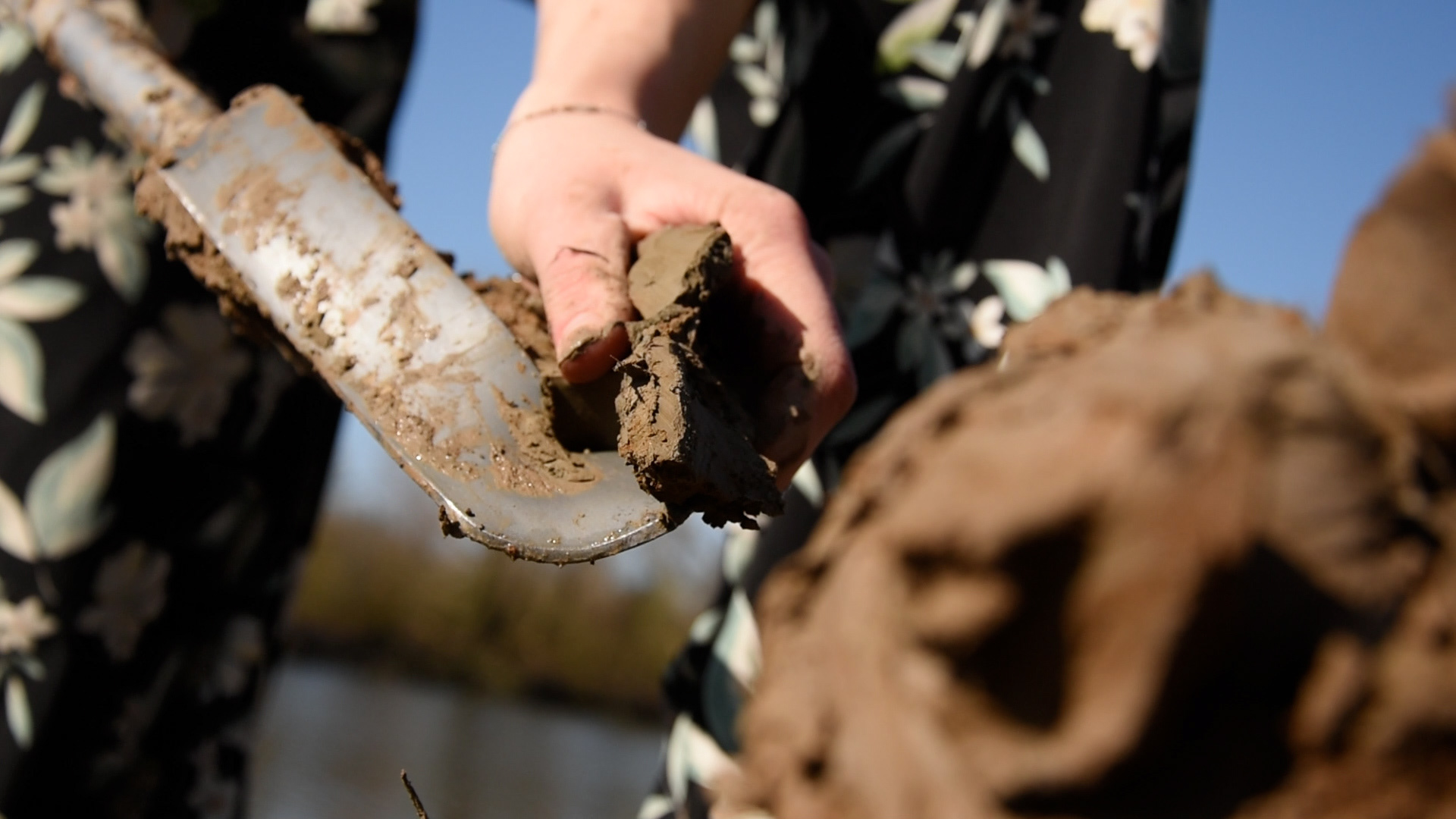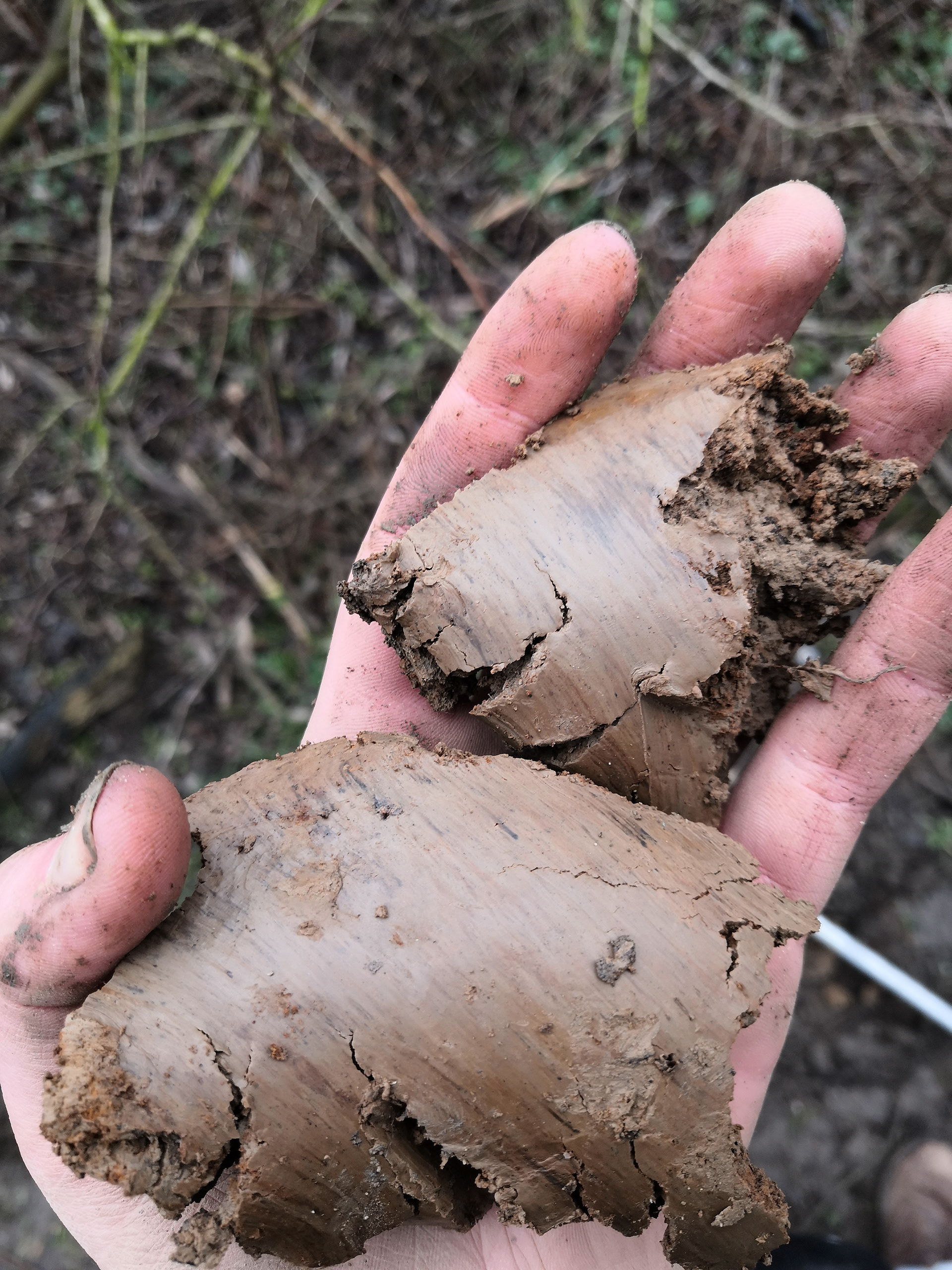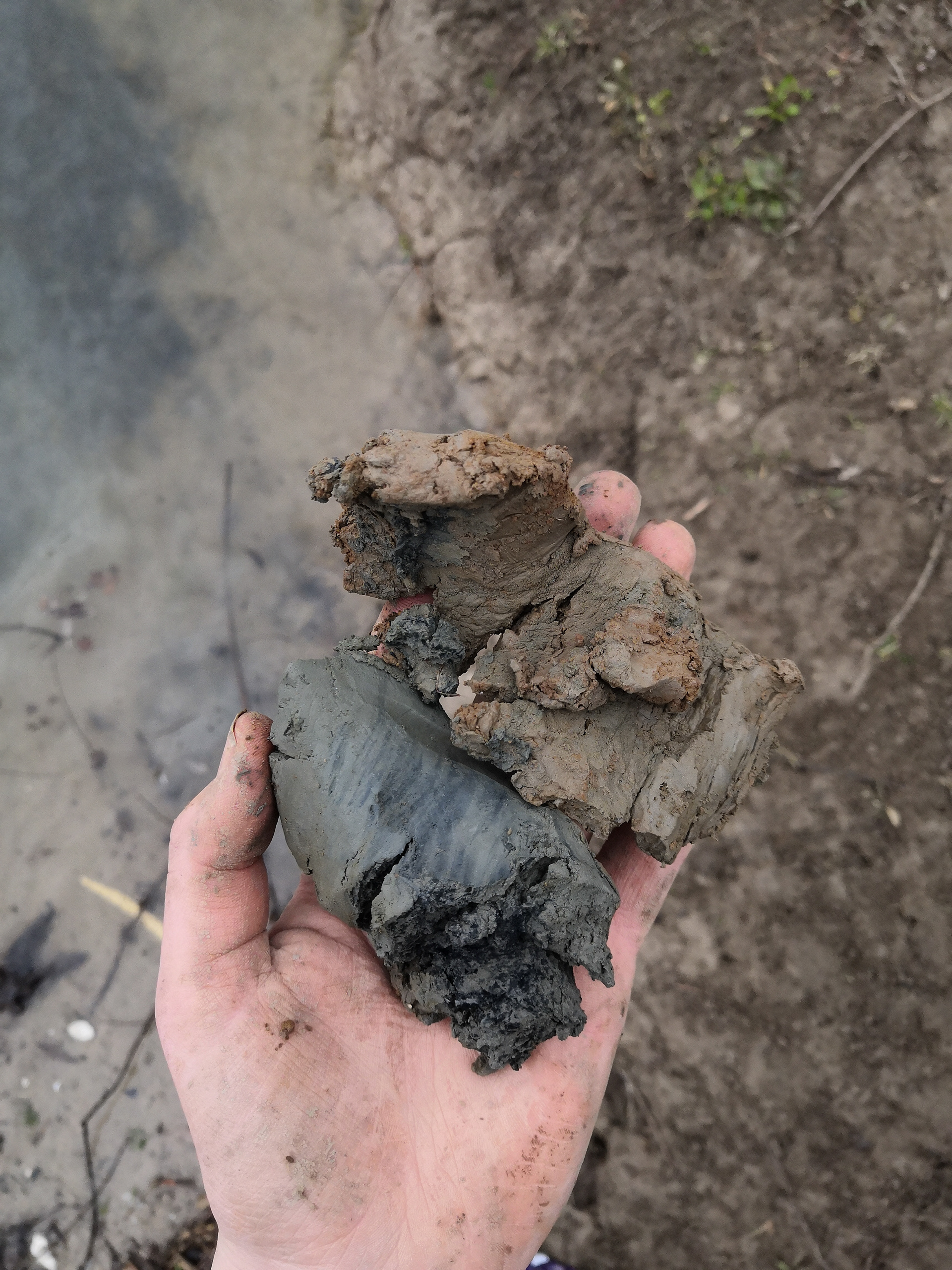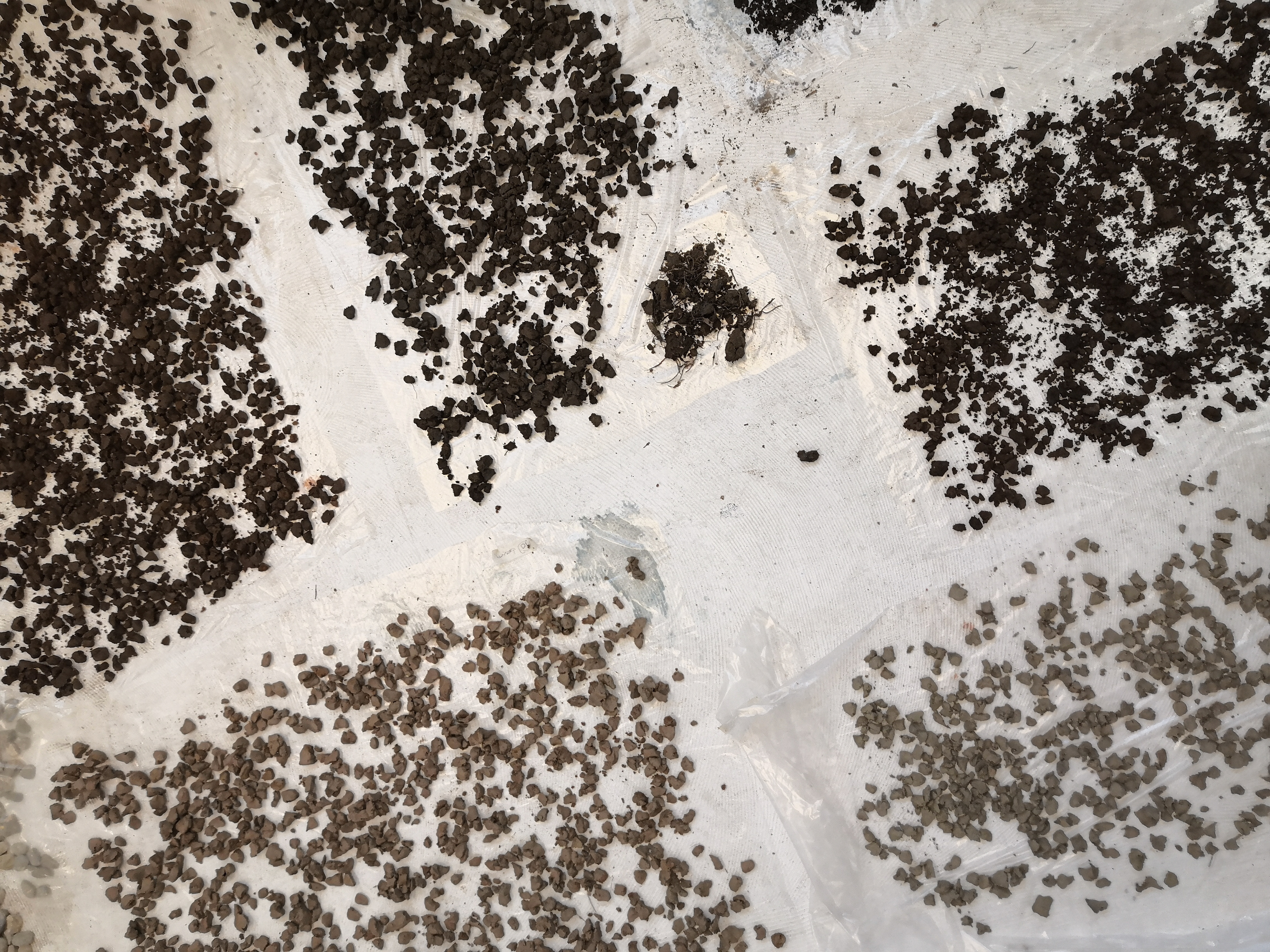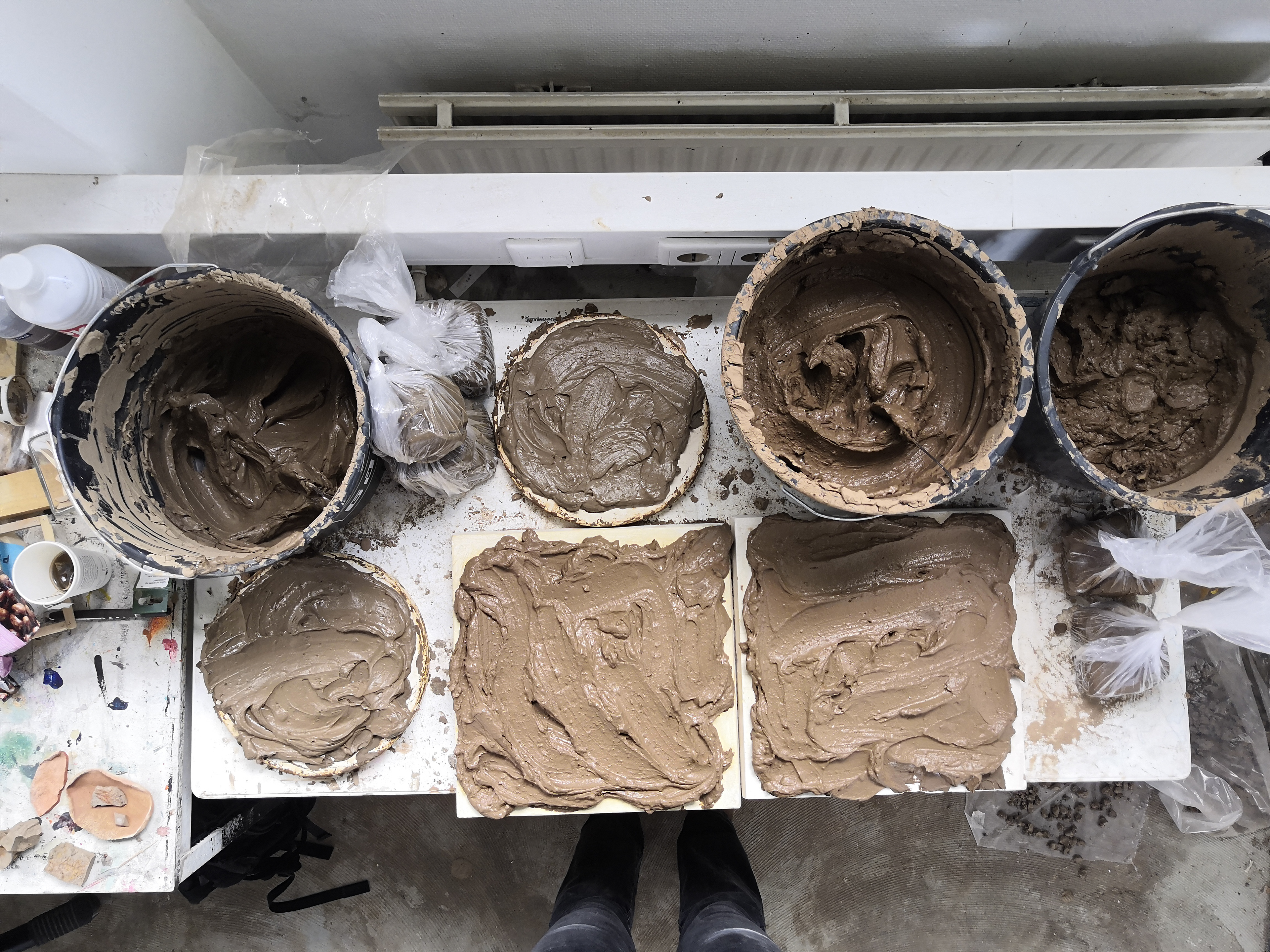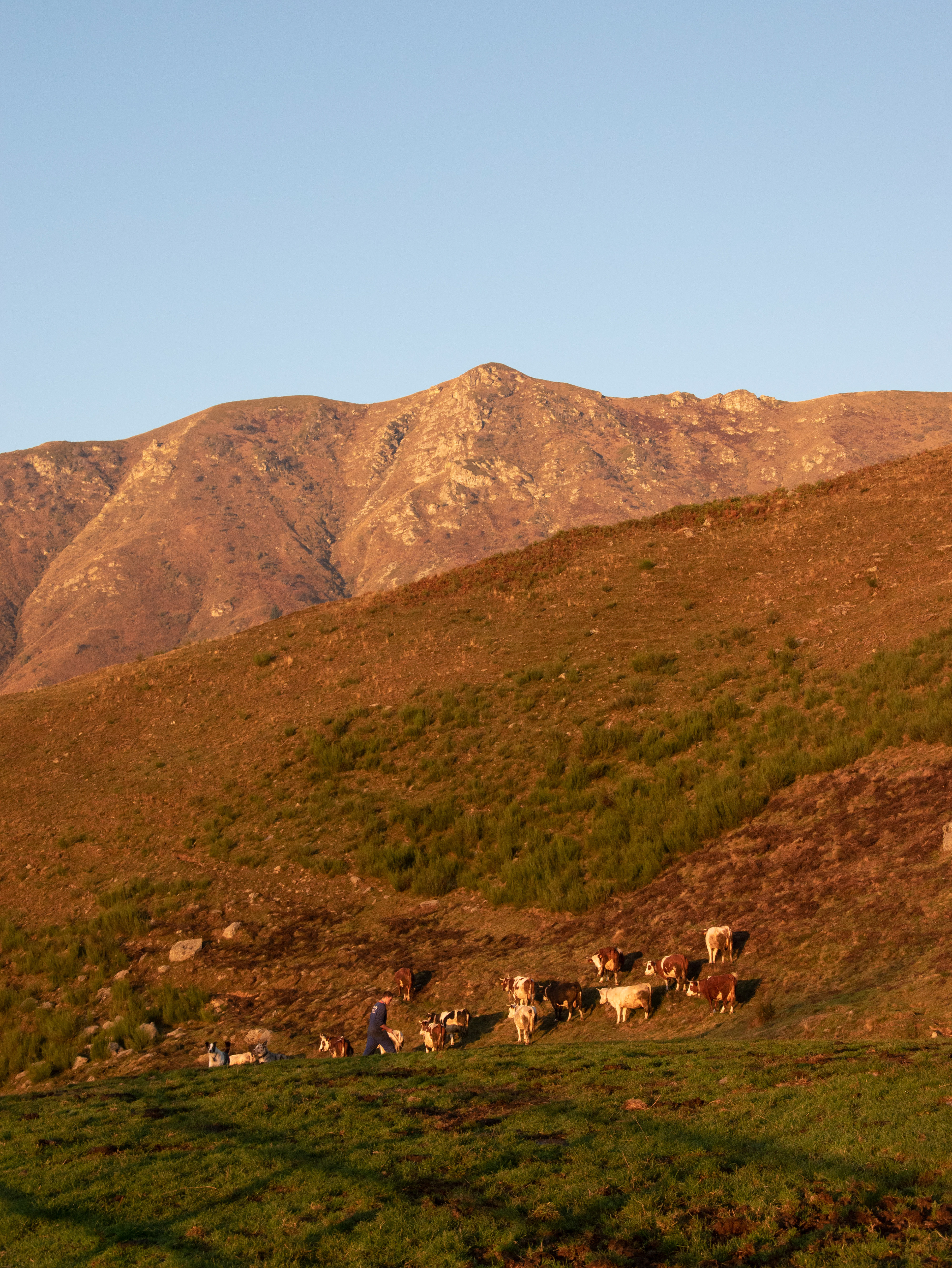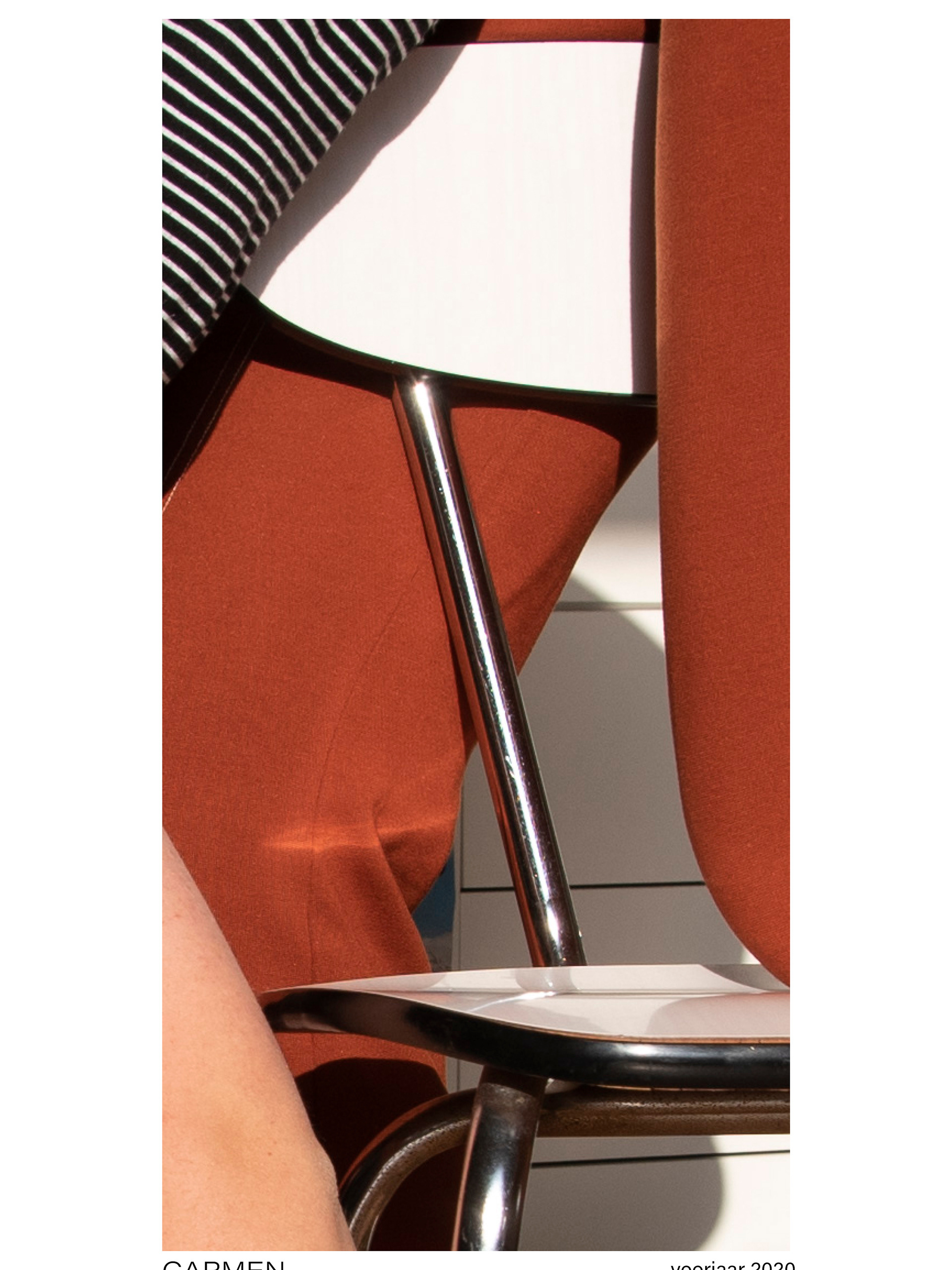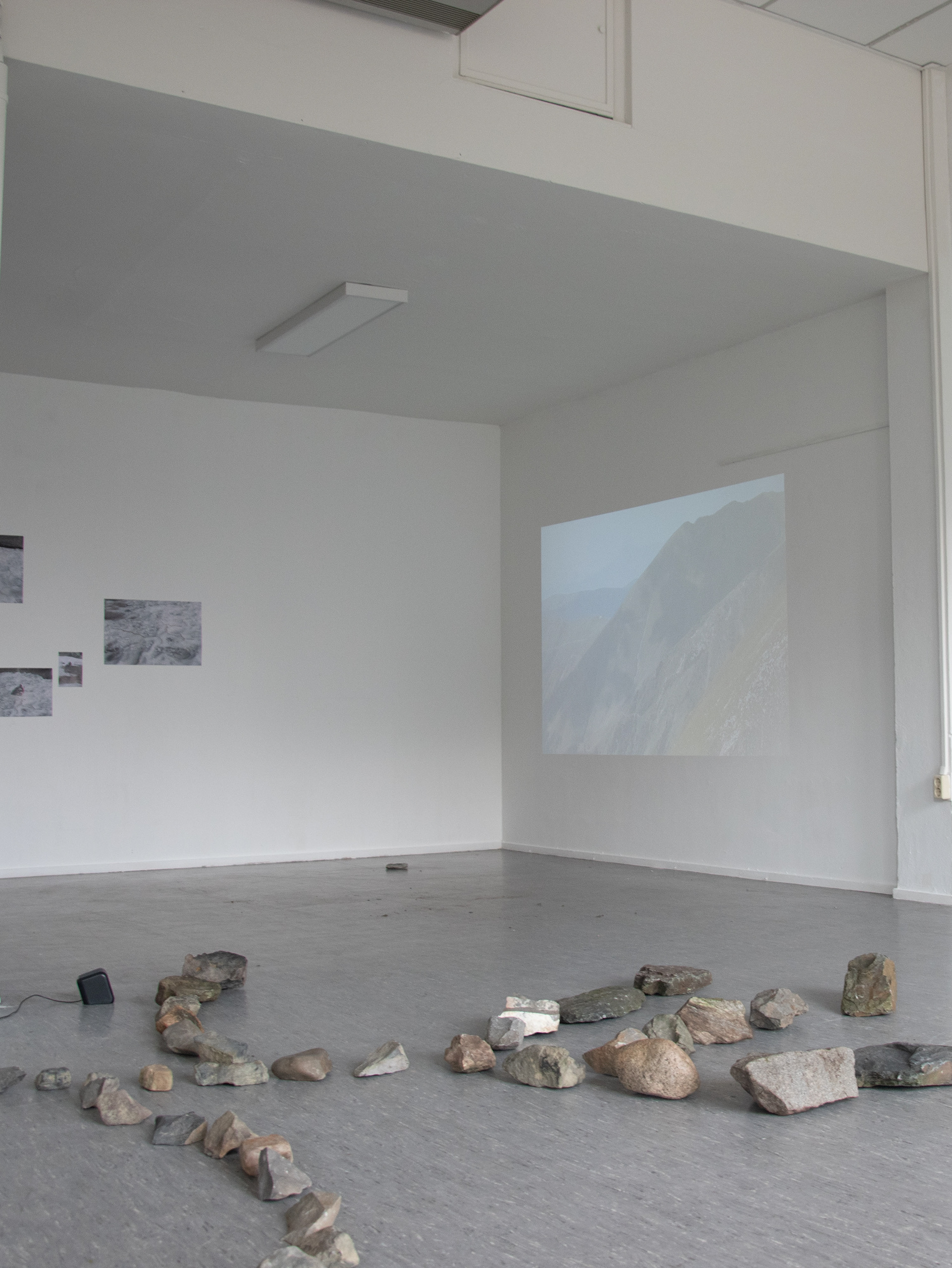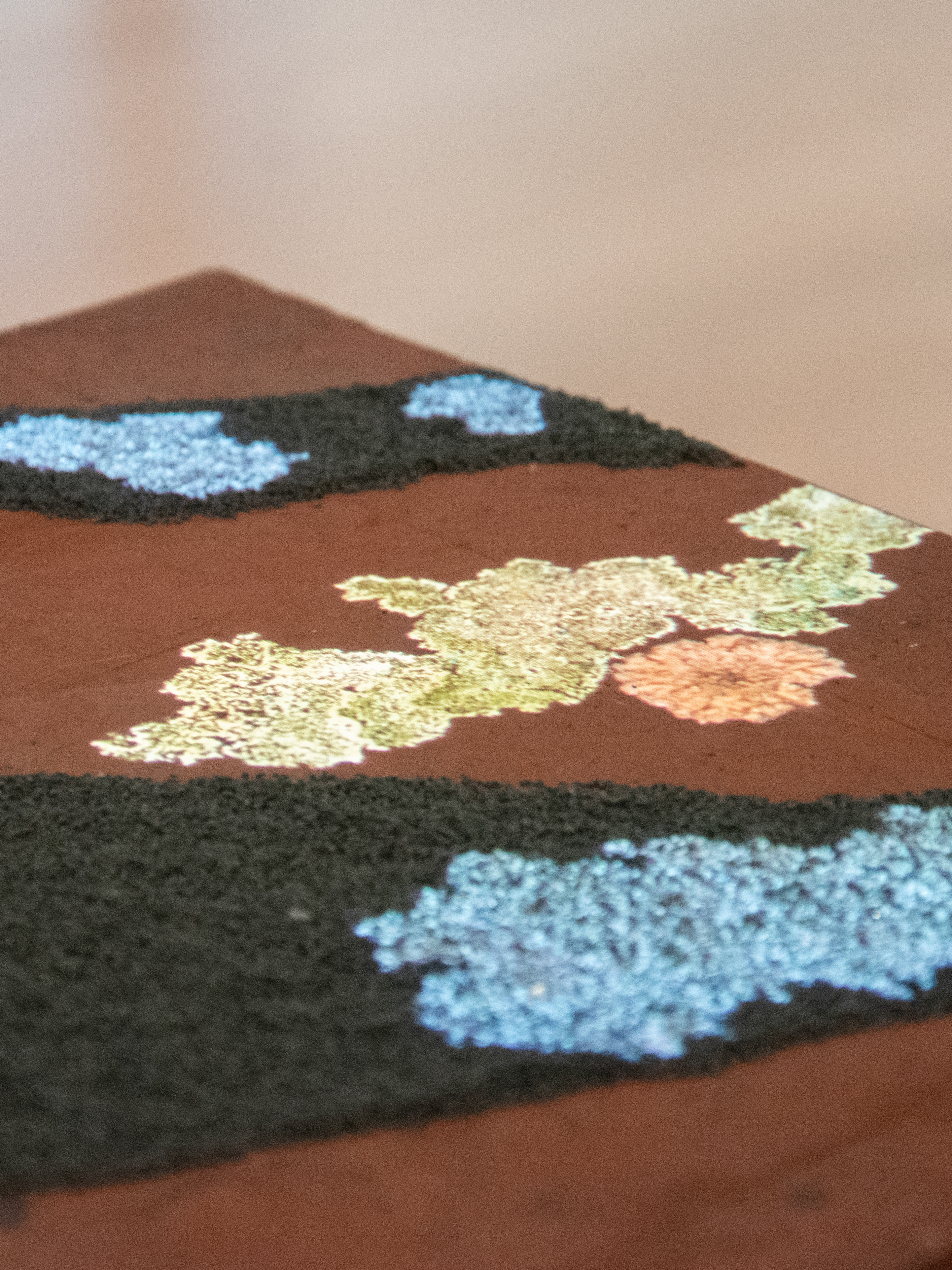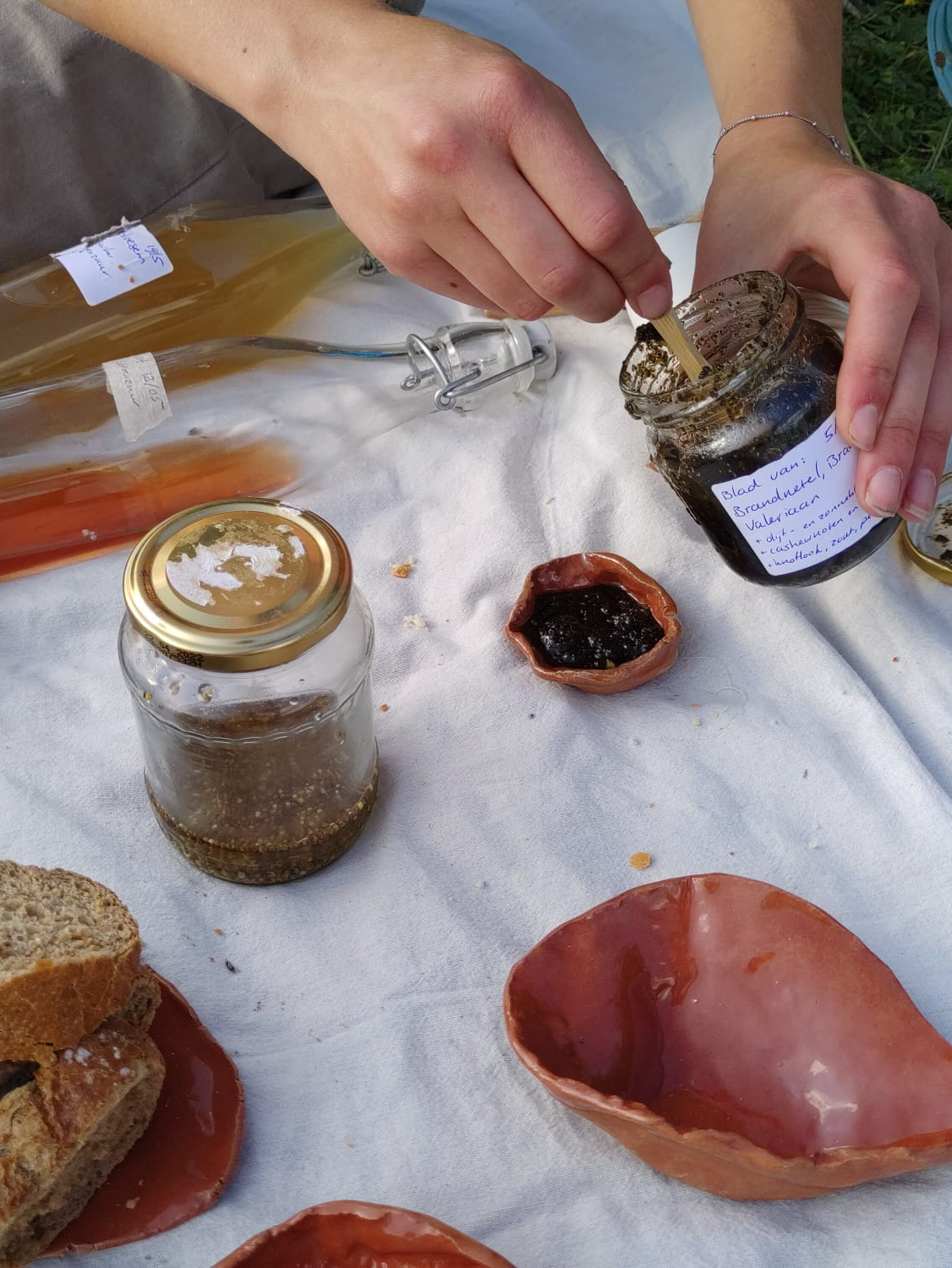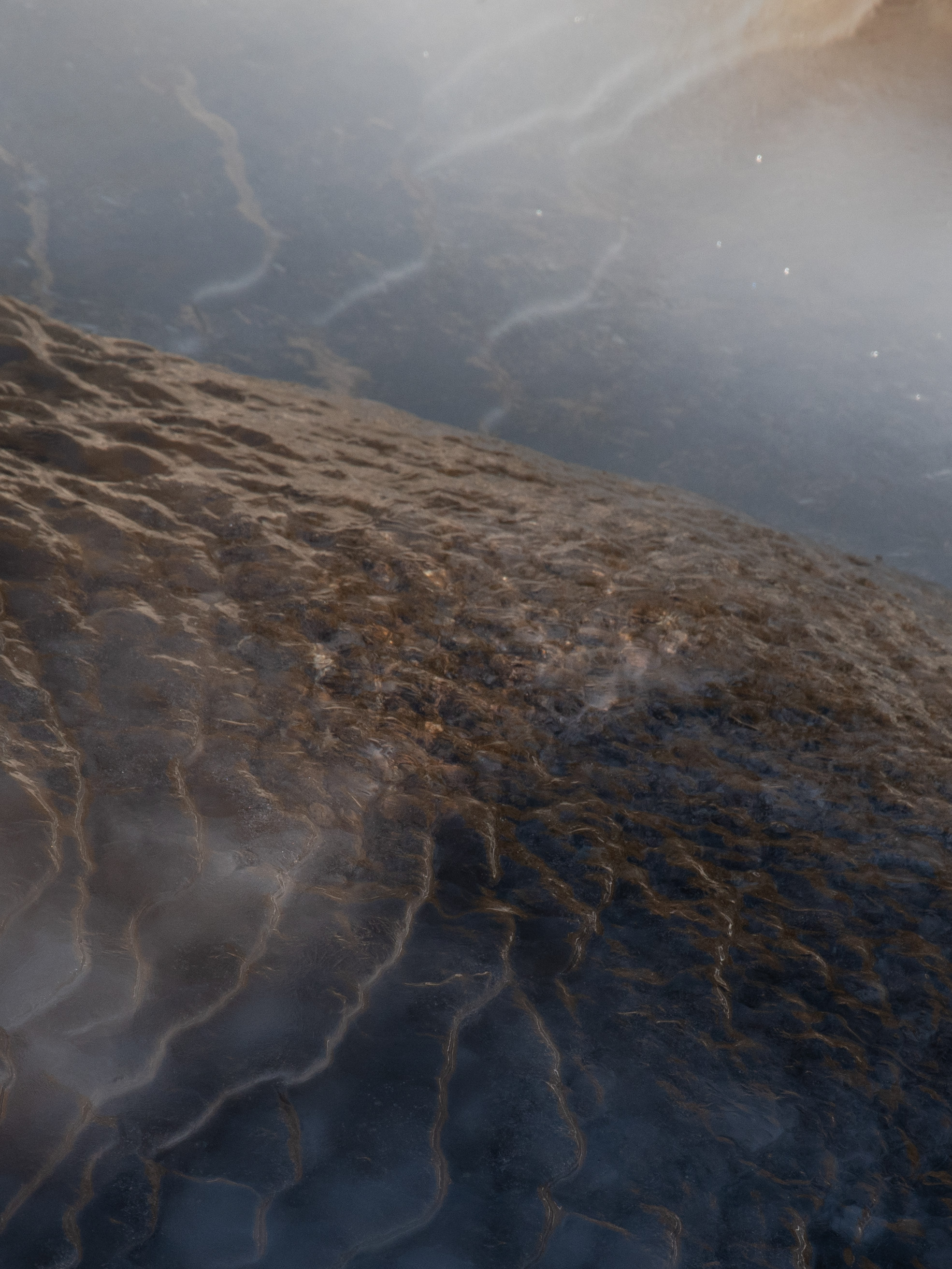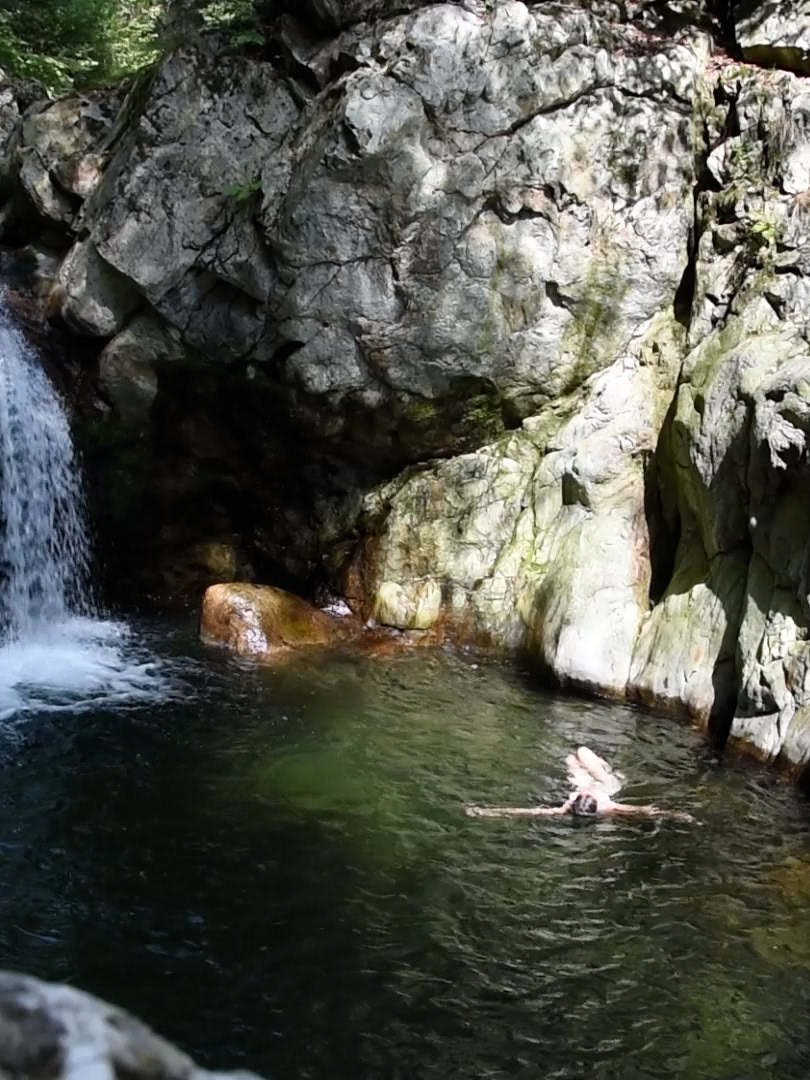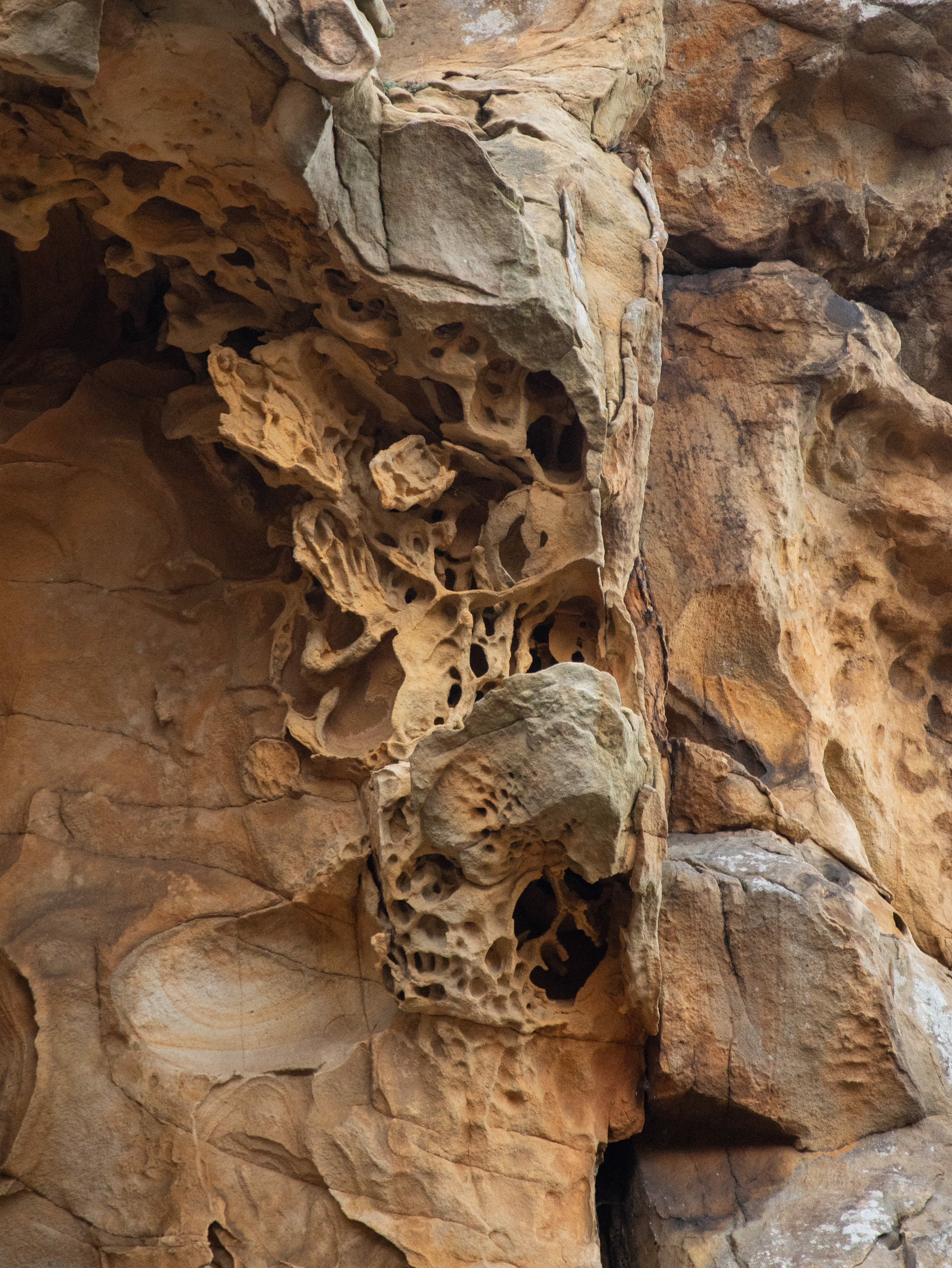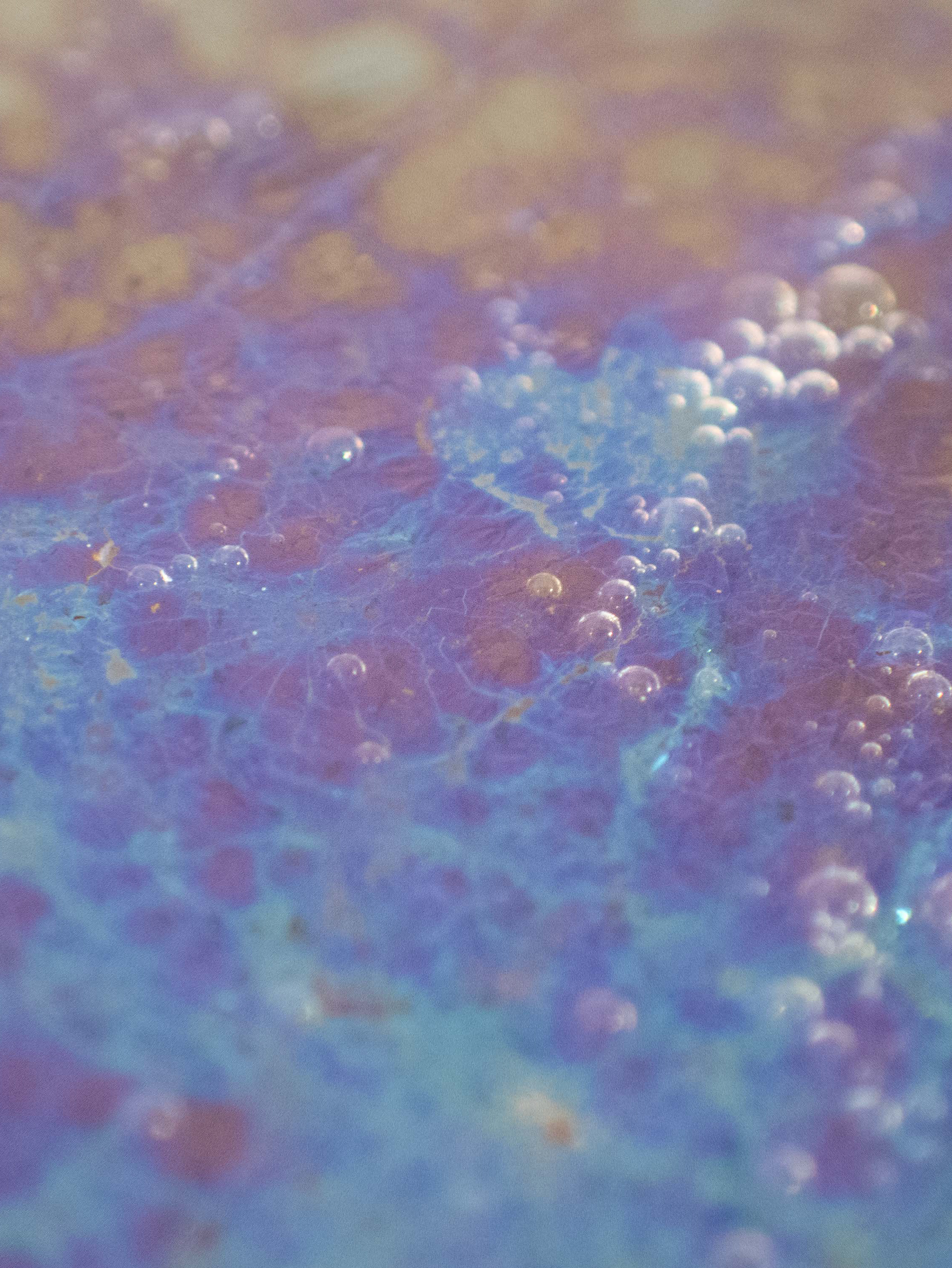Sound of Sediment comes from a personal, ever growing need to genuinely relate to the non-human world as a human being. In this time of planetary change and disconnection from the natural world, I feel the need to find ways to understand and communicate with our non-human neighbours with whom we share this planet. Living on a boat on the Rhine, the urge arose to get to know the river, the land and their qualities. I have spent many days in the floodplains, making myself familiar with their structure, movements and inhabitants. Deep diving into the earth, through respectful methodologies of gathering sediment and processing clay, these materials have guided me in making a range of instruments in an effort to translate the language of the land. By playing these instruments, they create a sonic language which speaks the vocabulary of the land and is both for human and non-human listeners.
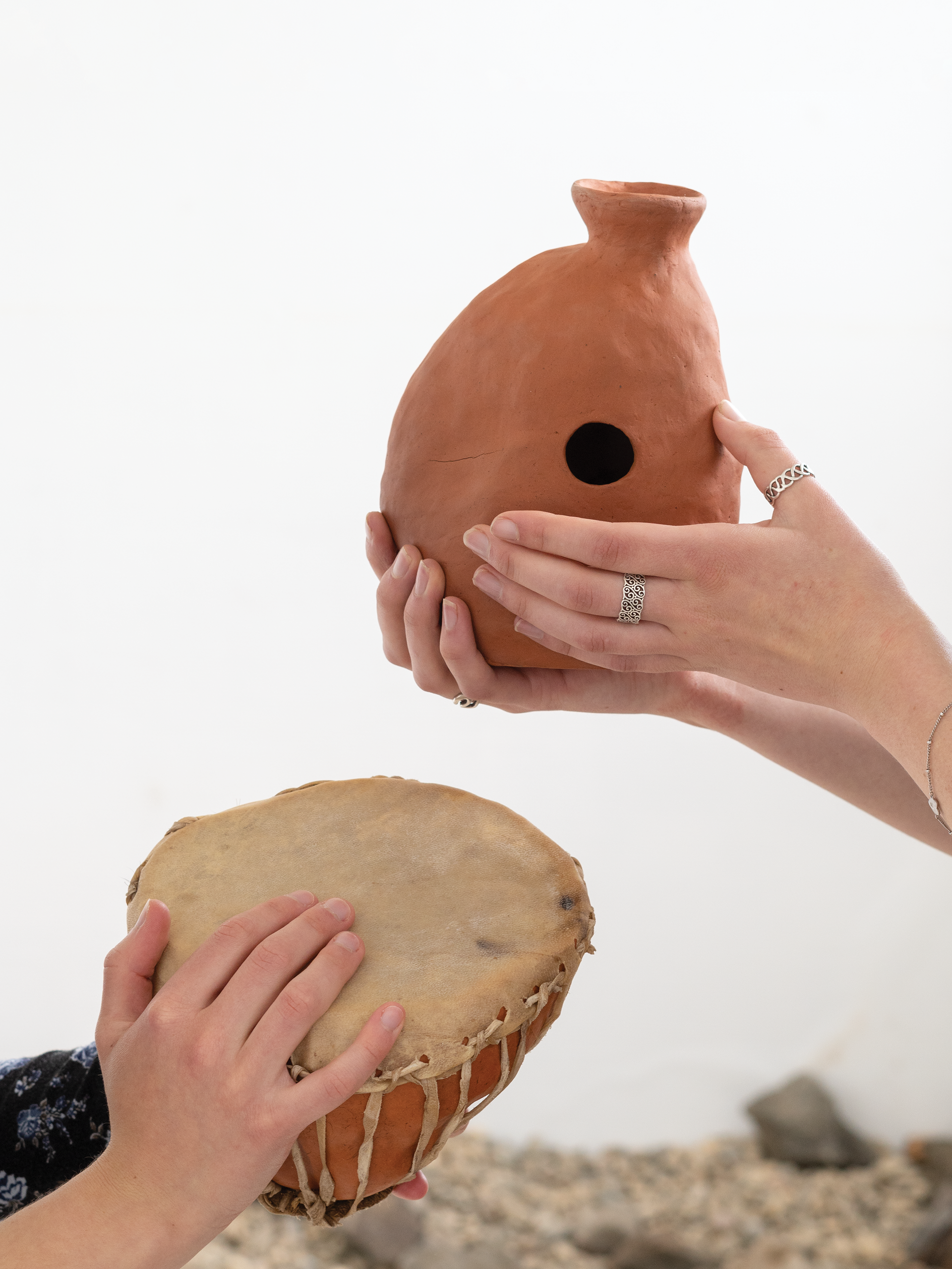
Photo by Koen Kievits
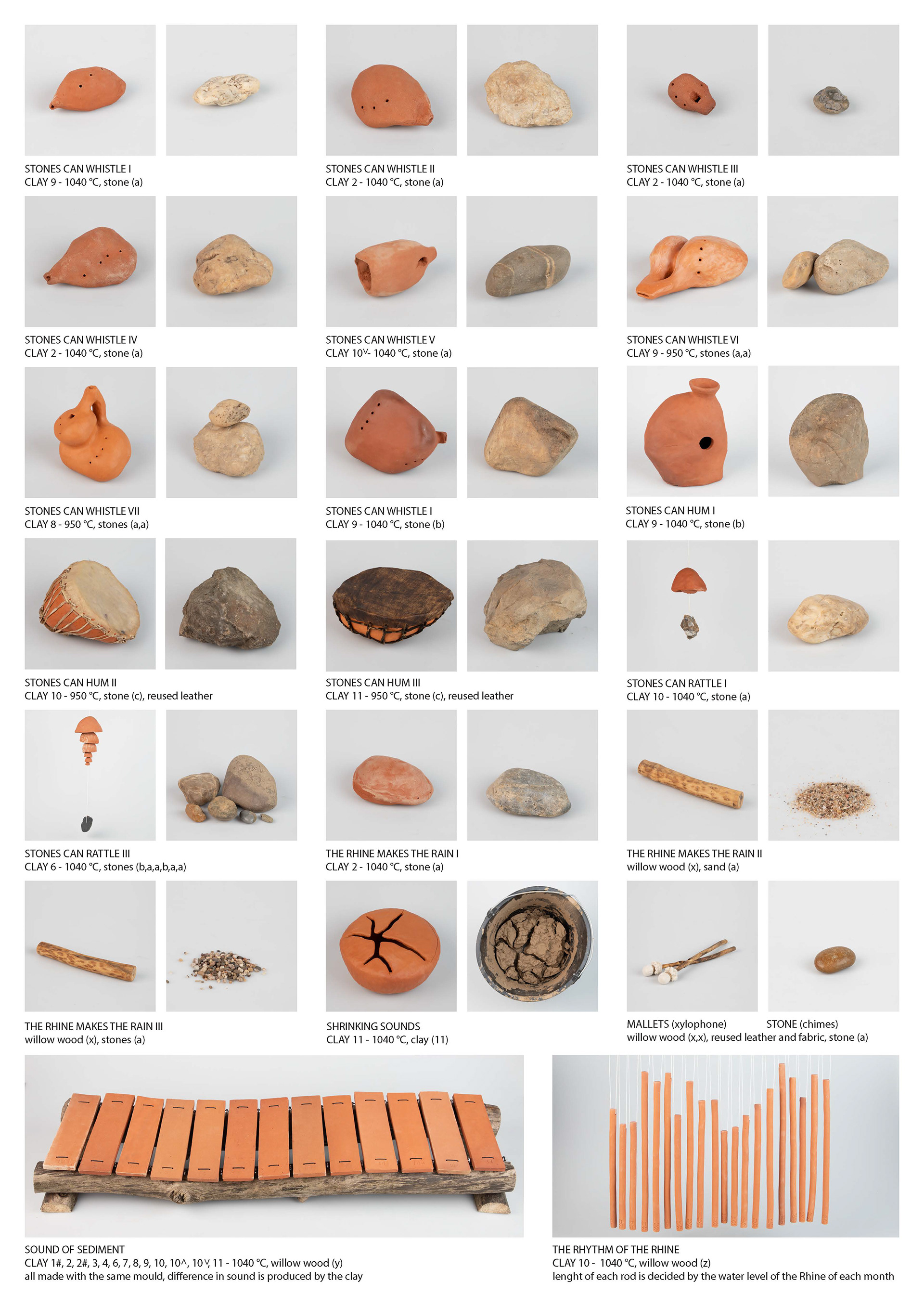
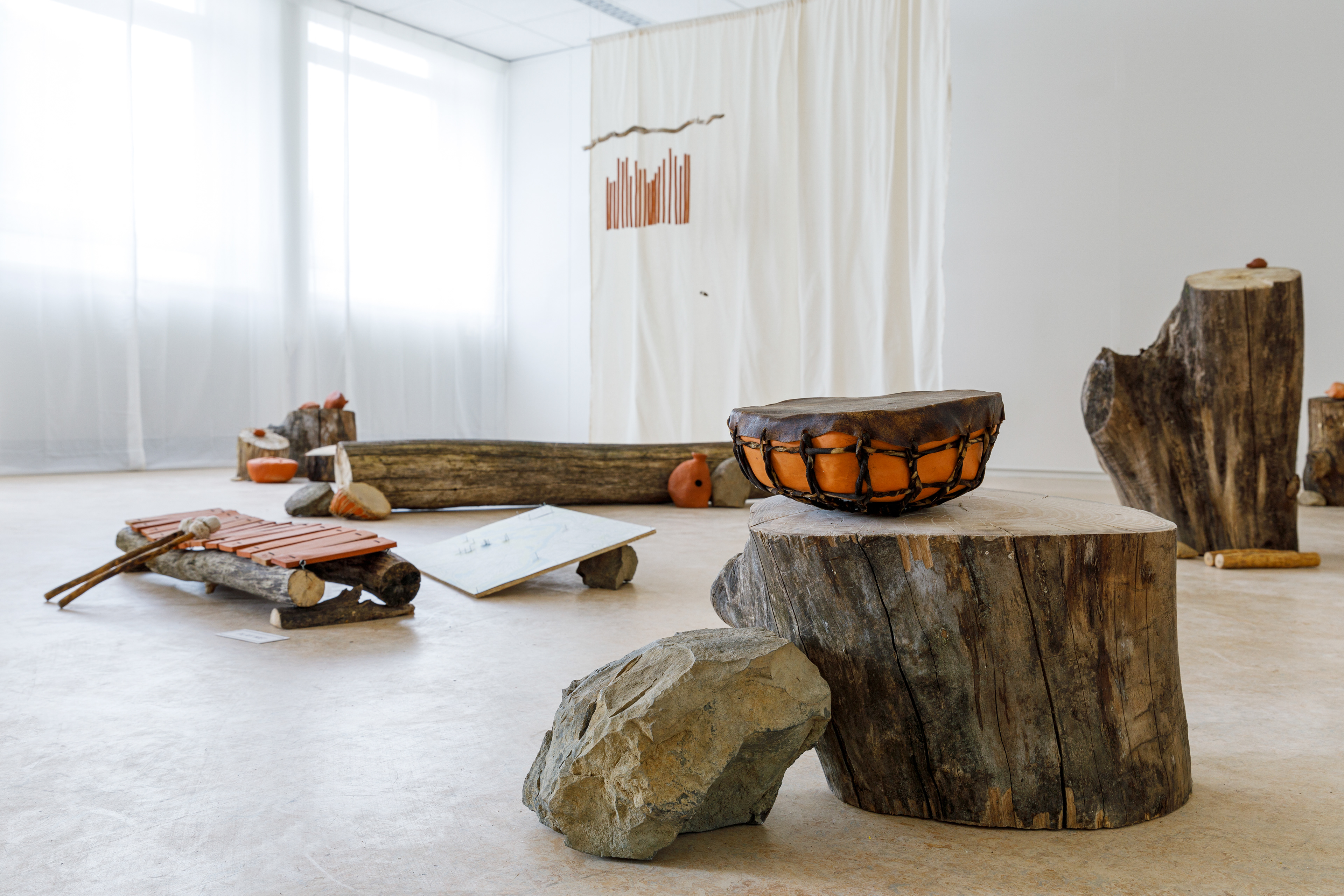
Photo by Django van Ardenne
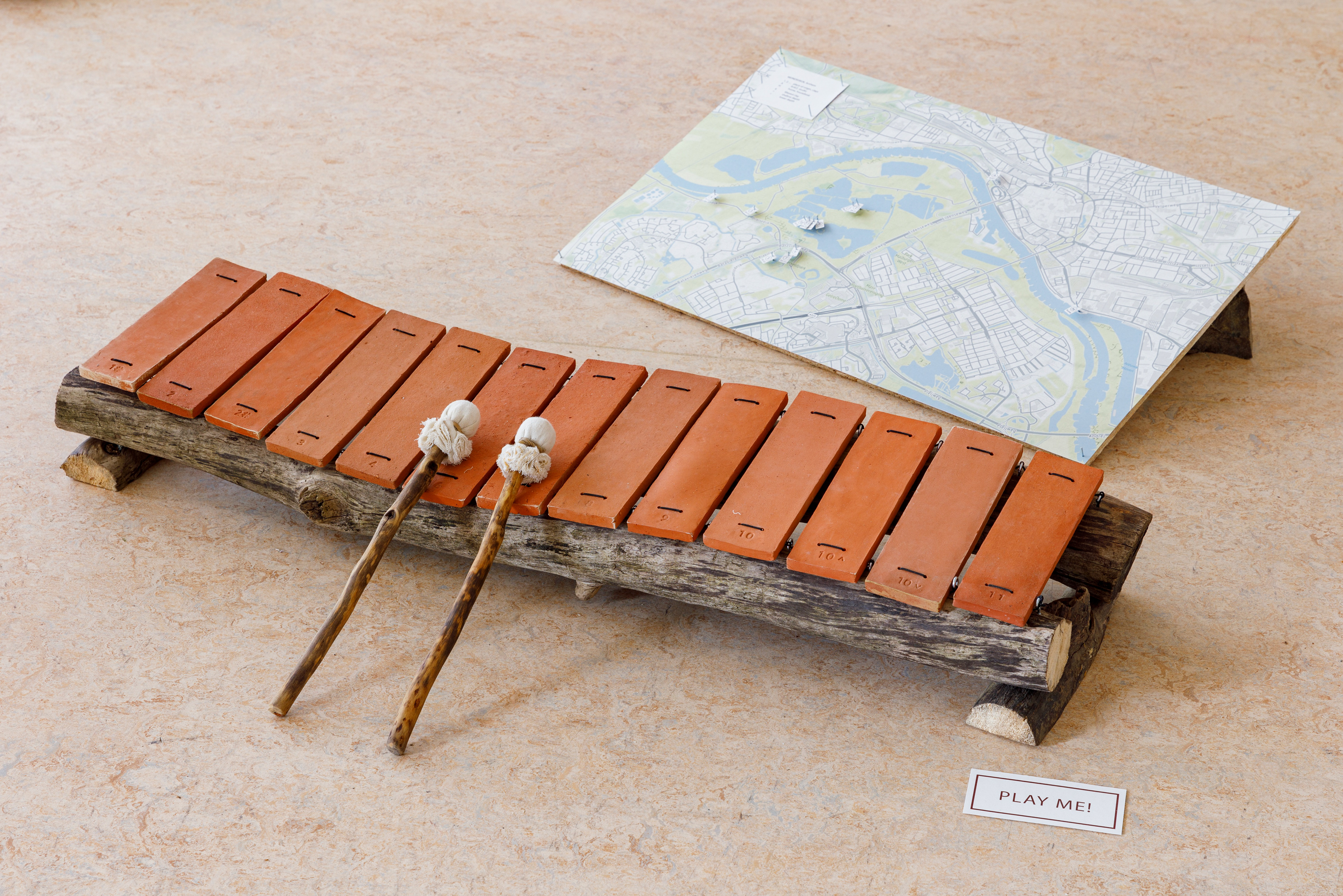
Photo by Django van Ardenne
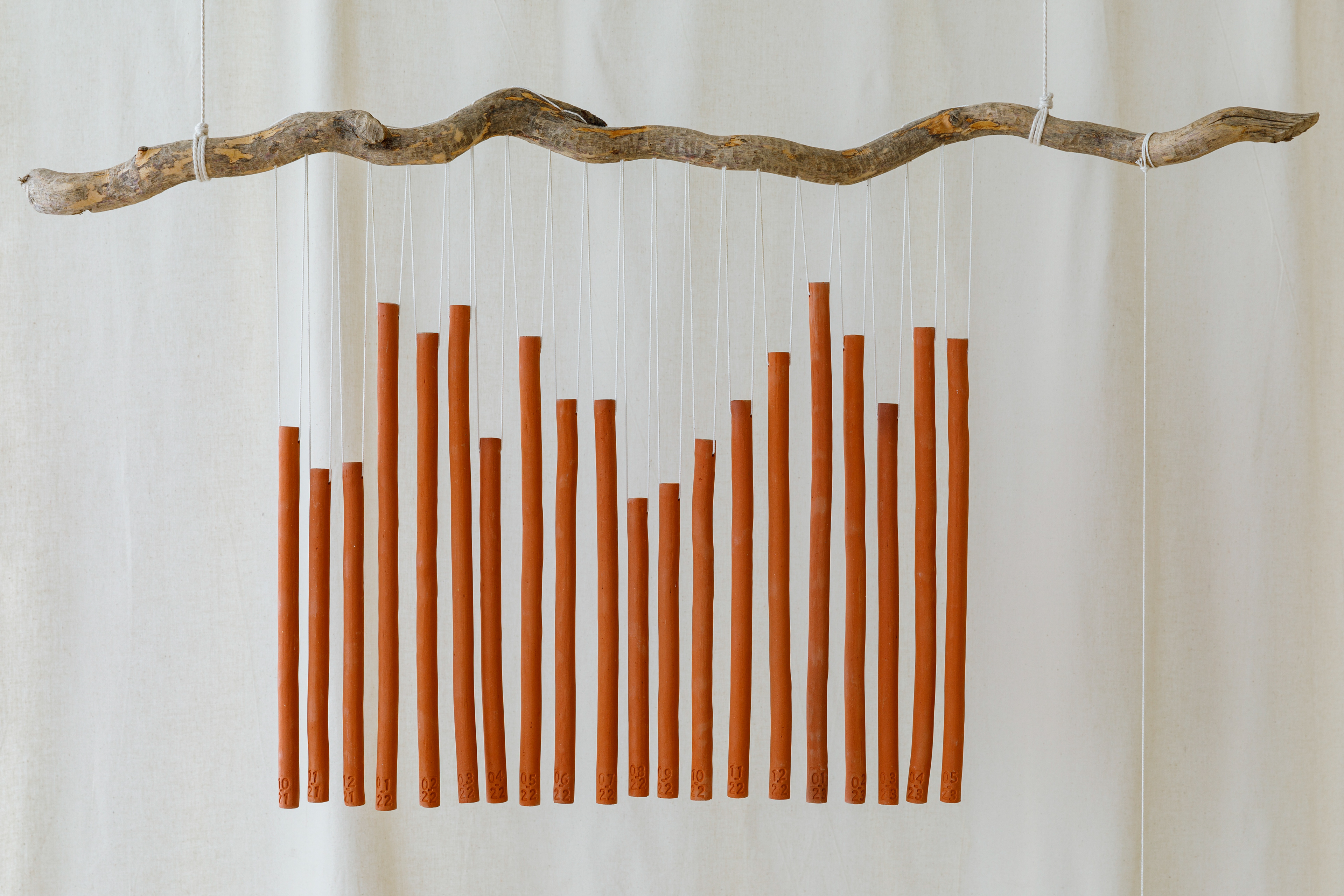
Photo by Django van Ardenne
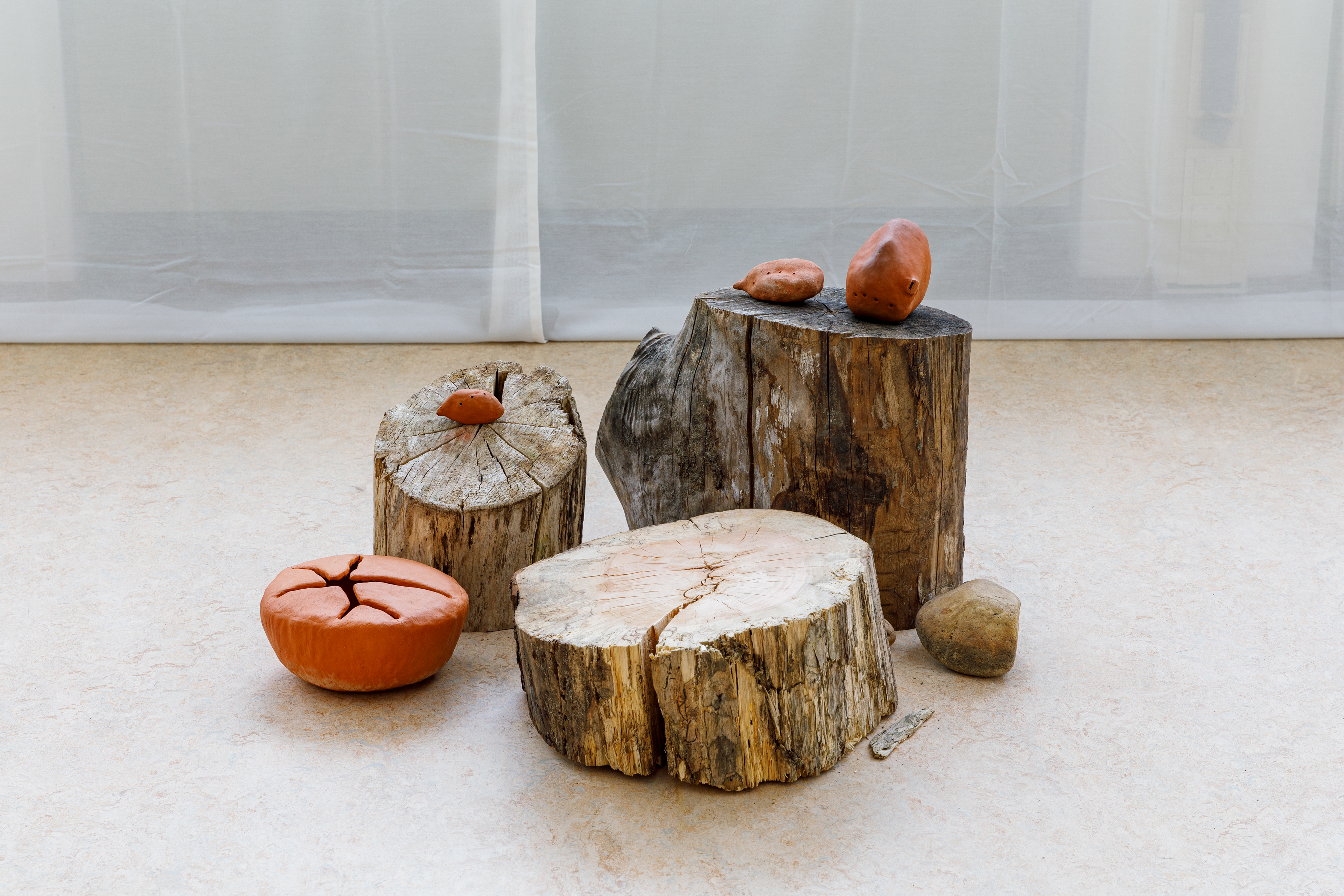
Photo by Django van Ardenne
I want to say thanks to the land, to Meinerswijk, for their generosity and inspiration, for creating habitat for me and many other beings,
I want to say thanks to the Rhine for their generosity and inspiration, for guiding and supporting me throughout this research and the making process of the work,
I want to say thanks to the clay, the stones, the sand and the trees for their generosity and inspiration, for giving me material to build this work,
and I want to say thanks for the finch that came by to sing me a song, a moment which made me want to sing back, a gesture that was the starting point of Sound of Sediment.
I want to say thanks to the Rhine for their generosity and inspiration, for guiding and supporting me throughout this research and the making process of the work,
I want to say thanks to the clay, the stones, the sand and the trees for their generosity and inspiration, for giving me material to build this work,
and I want to say thanks for the finch that came by to sing me a song, a moment which made me want to sing back, a gesture that was the starting point of Sound of Sediment.
